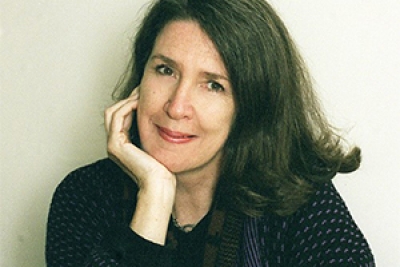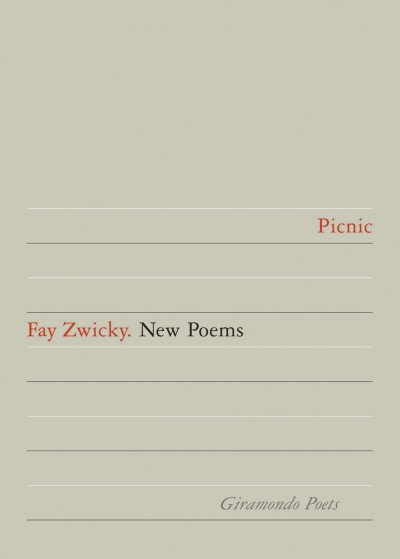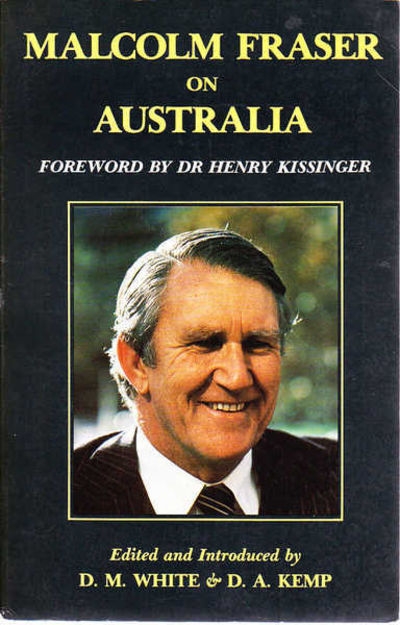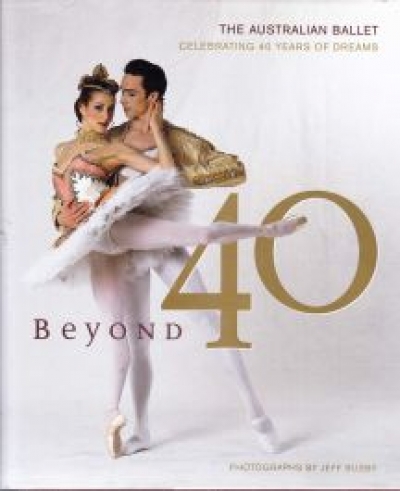Accessibility Tools
- Content scaling 100%
- Font size 100%
- Line height 100%
- Letter spacing 100%
Current Issue
Short story
Jolley Prize 2016 (Shortlist): 'Ash' by Anthony Lawrence
When he steps outside and pulls off the mask, it feels like removing a second face, the one he keeps from the ones who wouldn't understand and those who would ...
Commentary
Covid on the brain: The irresistible rise of brain fog
It was, inevitably, in a Zoom meeting that I first noticed the phrase. A colleague, excusing some minor oversight, explained it away with the words: ‘Sorry, Covid brain fog.’ Although I hadn’t consciously registered the expression before, I knew exactly what she meant.
The ABR Podcast
PODCAST
The ABR Podcast
The ABR Podcast is released every Thursday and features reviews, poetry, fiction, interviews, and commentary. Subscribe via iTunes, Google, or Spotify, or your favourite podcast app.
Interview
Open Page with Carmel Bird
Interview
Open Page with Debra Adelaide
Interview
Morag Fraser is Critic of the Month
From the Archive
Picnic by Fay Zwicky
Picnic is probably Fay Zwicky’s most confident collection. In it she renounces certain kinds of brilliance for a freer and more open style of poetry – what she calls in one poem ‘the grace of candour’. It is a style that approximates moral qualities: honesty, direct ness, kindness to strangers. And it is in fact such moral qualities that give force to this collection
From the Archive
Malcolm Fraser On Australia edited by D.M. White and D.A. Kemp
There have been two major cycles in Australian political rhetoric since the war. The first occurred during the postwar reconstruction period, from 1943 until 1949, when contest over a new social order impelled an unusually clear articulation of philosophy and policies by the contenders for influence – represented in public debate by Curtin and Chifley on one hand, and Menzies on the other. The eventual ascendance of Menzies and the dominant ideas that emerged from that debate informed our political life for the next two decades. Not until the late 1960s, when the Liberal-Country Party coalition’s grasp of events slipped, and when the new problems of the modem world economic system and Australia’s precarious place within it dislodged the assumptions engendered in the 1940s, did the debate about the nature of our policy gain a new edge.
From the Archive
Beyond 40 by Jeff Busby (photographer) & A Collector's Book of Australian Dance by Michelle Potter
Here are two sumptuously produced keepsakes serving very different purposes. Beyond 40 describes itself as ‘Forty Years of Dreams’, but actually offers one year’s worth of images that the Australian Ballet want to project. A Collector’s Book of Australian Dance, on the other hand, for all its unintoxicating title, comes much closer to being a book of dreamings.




























